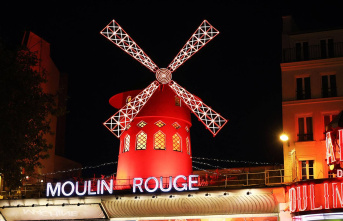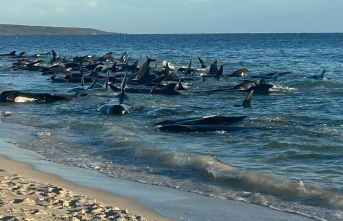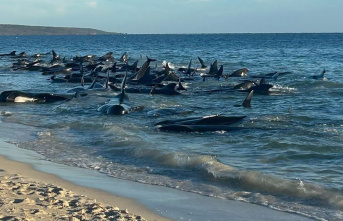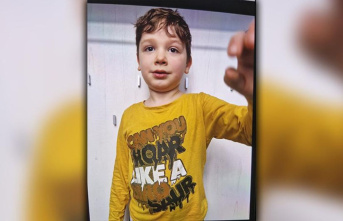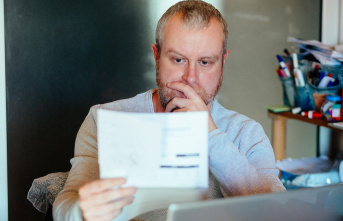"If what I hear doesn't sound sensible, I have always been the type who investigate things themselves."
so says the former bank manager, 66-year-old Michael Rothmann from the North.
Michael Rothmann is the story of a man who manages it, many may not do when they are deathly sick. He turns to the table, he complains, he won't give up.
over the past few weeks have B. T. told about a large number of people for whom their encounter with the healthcare system have ended up disastrous. People who to begin with had to trust their doctor, but now feel let down.
Michael Rothmann trust also no longer on the doctors. After all, when it comes to the 'mechanics', as he himself put it.
"When something breaks or is broken, so is the adept. But just as soon as it is something inside the body, so..."
The former bank manager is what pundits would call a resourceful man. Long training, pengestærk, a good network and in the family with several doctors.
This is the Michael Rothmann a textbook example of a type of patient, according to the chairman of the Danish Patients, Morten Freil, have a greater chance to survive a serious diagnosis:
"We know that those who have the longest education and the strongest families, get the best treatments, and on the way health and social care to create inequality. This is because the healthcare system is difficult to navigate in, and it requires, you even have the resources to take action to demand his right and to follow what is going on," says Morten Freil
A serious diagnosis was just that, that affected the former bank manager.
five years ago, he had found incurable prostate cancer. The doctors at Herlev Hospital to offer life-prolonging treatment.
It involved neutering and hormone replacement therapy, which perhaps would mean that he would develop breasts and then later having to have surgery.
There would be the treatment may cause urinary problems, rejsningsbesvær and problems with to hold on to the stool.
"It didn't sound like a life I wanted to live," says Michael Rothmann.
The now 66-year-old man spent a week in front of the computer to read about treatments available abroad that might help him.
With the help of its network took him to a clinic in Prague, which offers radiation therapy with protonbehandling.
today – five years later – he is still healthy after the treatment he received in the Czech republic.
A treatment that has since been approved for children with brain cancer in Denmark. However, not yet for prostate cancer.
"When I go to check on the hospital at home, says they always 'congratulations, you are damn well'," says Michael Rothmann.
"I am disappointed and sorry. It can't be true, that some doctors don't bother to help more than they really need," he says
He is frustrated that the man must be 'strong' to get the proper treatment:
"whether you're a bricklayer or a bank, so you should the be able to get the same treatment," says Michael Rothmann.
He spent another 350,000 dollars on the treatment. He has since complained that he even had to pay for protonterapien, but have been rejected from the national Board of patients ' complaints in november of this year.
"If I had not gotten the treatment in Prague, I was likely to have been castrated, destroyed my brystmuskulatur and had lived a shorter time," he says.
At the Danish Cancer society has already a focus on to solve the growing gap between rich and poor in cancer treatment, says ceo Jesper Fisker:
"It is naive to believe inequality can completely disappear. But we have set ourselves a target that we would like to contribute to it not being larger. No matter how many skills you have, then you have to expect to be able to get a proper treatment. We may not be aware," he says.
specifically, the Danish Cancer society established the Danish Centre for Research centre for Equality in Cancer, which is to contribute with knowledge that can be put into practice.
"the Reason we have taken this initiative, is that it is difficult to say that the responsibility for the inequality lies a place. Therefore, we need to join forces with other organisations in the area, put into several places. F. ex. to some patients get a contact person through kræftforløbet, or that the doctor might speak with the patient in a different way, so you are sure what is being said," he says.
Date Of Update: 08 December 2019, 21:00

